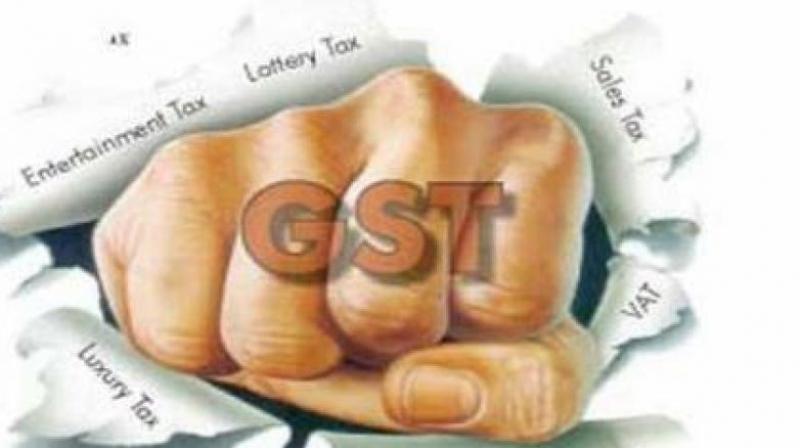GST coming, is everyone ready?

The Goods and Services Tax, which will finally be rolled out in a little over two weeks, on July 1, will be as strong or weak as the weakest link in the chain — as the person who pays this tax like a manufacturer depends on a host of people in the supply chain. The manufacturer depends largely on small and medium enterprises (SMEs) for the supply of critical components. If one supplier fails to provide a component in time, it will hold up the entire process. The SMEs are particularly vulnerable lot as they aren’t used to such a sophisticated taxation system: they will have to employ accountants and thus add to their costs, which they can ill-afford.
What is intriguing about GST is while it was meant to simplify the tax system, doing away with a host of taxes subsumed into it, it now seems to involve more paperwork. Earlier, one had to file only three service tax returns a year, now after GST there will have to be four or five returns filed per state per month, that amounts to over 100 returns a month, according to an analyst. Manufacturers with operations in several states will have to file multiple returns every month. In the immediate term, it’s a bonanza for consumers and the government. Manufacturers and stockists are getting rid of inventories, even at throwaway prices, as after July 1 it means double taxation for them as they have to pay GST on these stocks on which they have already paid the old taxes. The GST also has a whiff of socialism: there are higher rates on more expensive items and lower rates on the less expensive ones, while essential items are not taxed at all.
The government too will see its coffers bulging as GST will bring within the tax net many of the estimated 52.7 million registered small and medium traders and millions of offline and online traders and companies. Finance minister Arun Jaitley had said if these sections come within the tax net the burden will be lowered on all honest tax-paying citizens. One hopes this will happen once GST is up and running. Prime Minister Narendra Modi had promised that once the unaccounted money stashed abroad was brought back into the country, every citizen would get Rs 15 lakhs in his/her bank account. The people are still waiting for this. House-hunters will stand to benefit as construction costs are likely to come down under GST due to the lower tax on inputs like cement and steel, along with tax credits at various construction stages. So it’s a win-win situation for developers and buyers. It’s a good thing that there will be a committee to ensure that the benefits are passed on to consumers by manufacturers.

